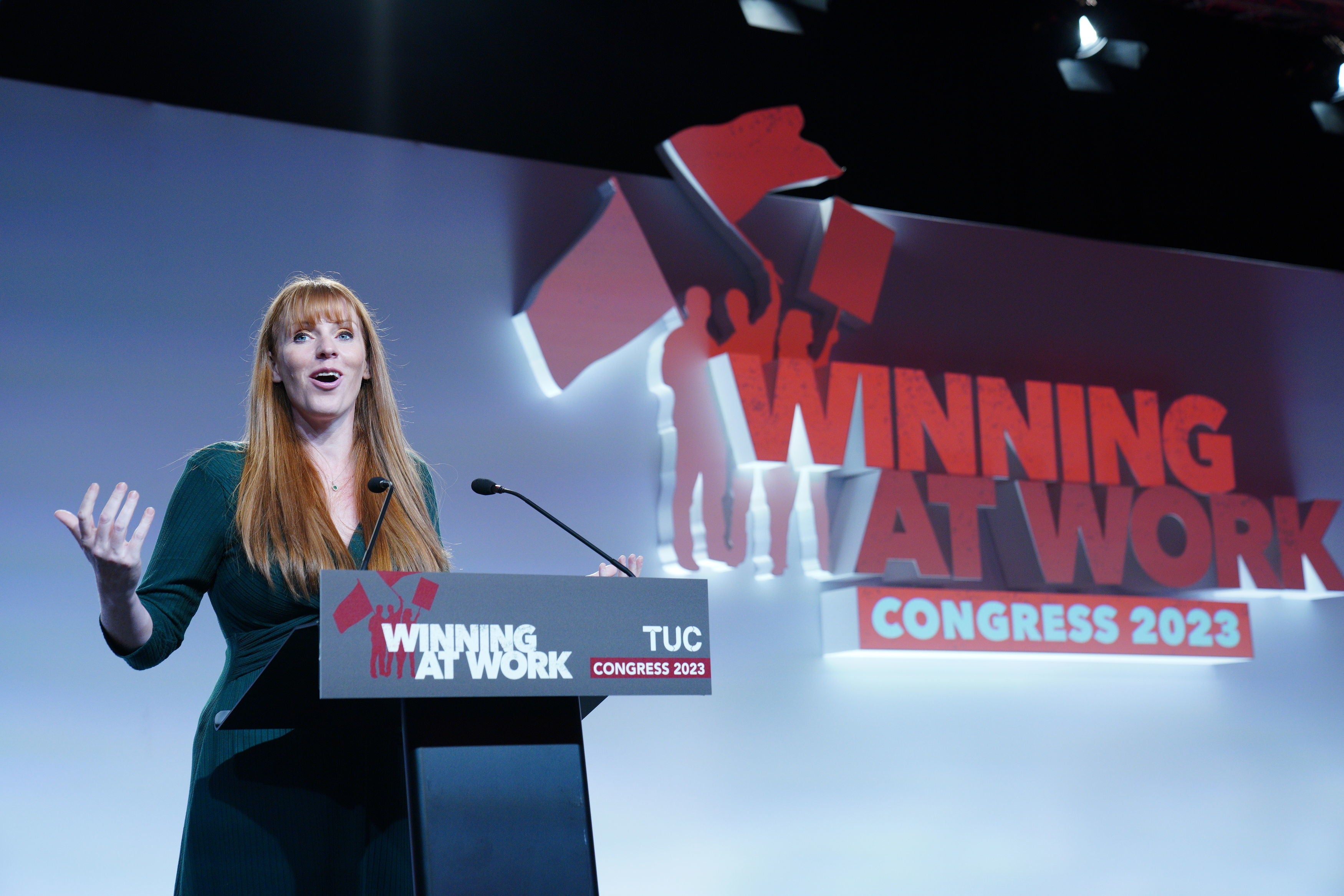It’s time for all parties to agree to end the pensions triple lock
Editorial: Pensioners have gained enough from 13 years of guaranteed increases; it’s time to tilt the balance in favour of the young

Britain’s “triple lock” policy for uprating state pensions was justified in an era of widespread pensioner poverty. The state pension was too low, and it made sense to commit to a long-term mechanism for uprating it in alignment with the highest of three measures: the inflation rate, wage growth, or 2.5 per cent a year.
It guaranteed that, over time, the pension would rise in real terms, and take a greater share of national income, even accounting for the rise in the proportion of old people in the population.
However, it was a policy that horrified the brightest minds in the Treasury, who could see it occupying a larger and larger share of public spending over a period stretching beyond the visible horizon of any economic forecasting. They worried about the simplistic electoral politics of it: that no party could advocate bringing it to an end because of the growing number of pensioners in the electorate, and their greater propensity to turn out to vote.
Although the fears arising from this particular brand of Treasury orthodoxy were overdone in the early years of the triple lock, they were justified. Now that the state pension has been raised, and now that pensioner poverty has thankfully been reduced, there is an important question of intergenerational fairness about maintaining guaranteed rises indefinitely.
The Independent’s view is that the triple lock should be ended – not immediately, but in good time. Ideally, the main parties should agree that it will be reviewed after the next parliament, and preferably replaced by a long-term guarantee that the state pension should be linked to a measure of national income.
It was potentially highly significant, therefore, that both the main parties gave big hints on Tuesday that the days of the triple lock are numbered. Mel Stride, the work and pensions secretary, said that in the “very, very long term”, the triple lock is “not sustainable”. And Angela Rayner, Labour’s deputy leader, said that she could not commit a future Labour government to the policy because “we will not make unfunded spending commitments”.
Mr Stride’s caution was in the context of his suggestion that the government might seek to reduce next year’s state pension increase from the 8.5 per cent implied by today’s rise in average earnings, by stripping out the effect of bonus payments, which might be regarded as a one-off.
The government’s manifesto promise to abide by the triple lock has already been desanctified, of course, because the formula was suspended during the coronavirus pandemic, when earnings figures were distorted by the sharp dip and recovery of economic activity. So any further adjustments to the commitment should allow a wider discussion about how far fiscal policy should be tilted in favour of the old and against the young.
It may be hard for both parties to hold the line in the long run-up to an election that is still probably more than a year away. It may be tempting for one or other of them to tout for the grey vote by re-committing to the triple lock and accusing the other party of wanting to “cut pensions”. Much the same thing happened with the attempt to create a cross-party consensus on social care, with the Conservatives calling the last Labour government’s plan a “death tax”.
But the comments from Mr Stride and Ms Rayner tentatively suggest that more responsible views may prevail. The electoral calculus has been unexpectedly complicated by Labour’s intense desire to appear fiscally responsible. The elderly have had a good deal out of this government over the past 13 years. It is time to shift the balance of state support in favour of young people.
Join our commenting forum
Join thought-provoking conversations, follow other Independent readers and see their replies
Comments
Bookmark popover
Removed from bookmarks